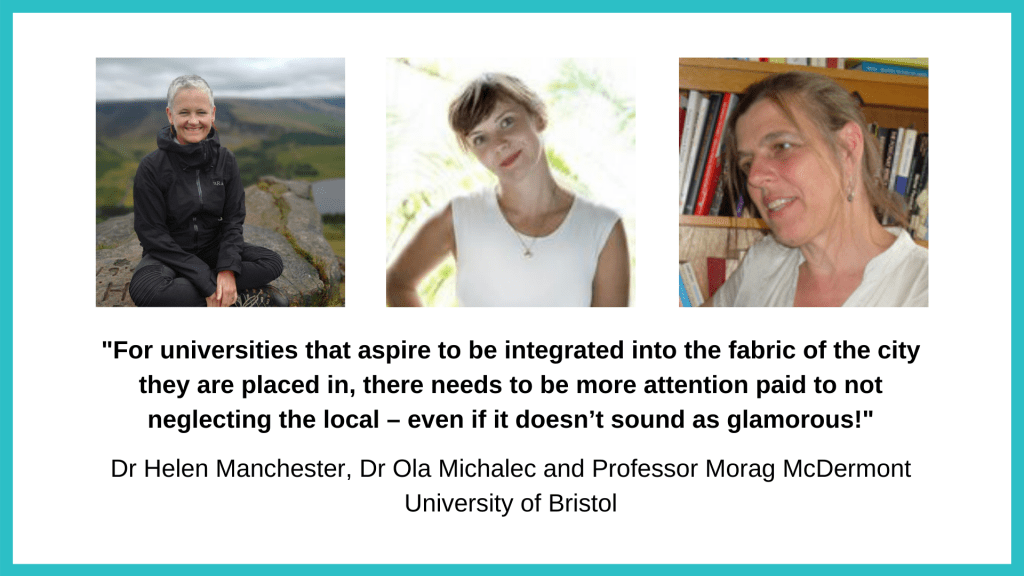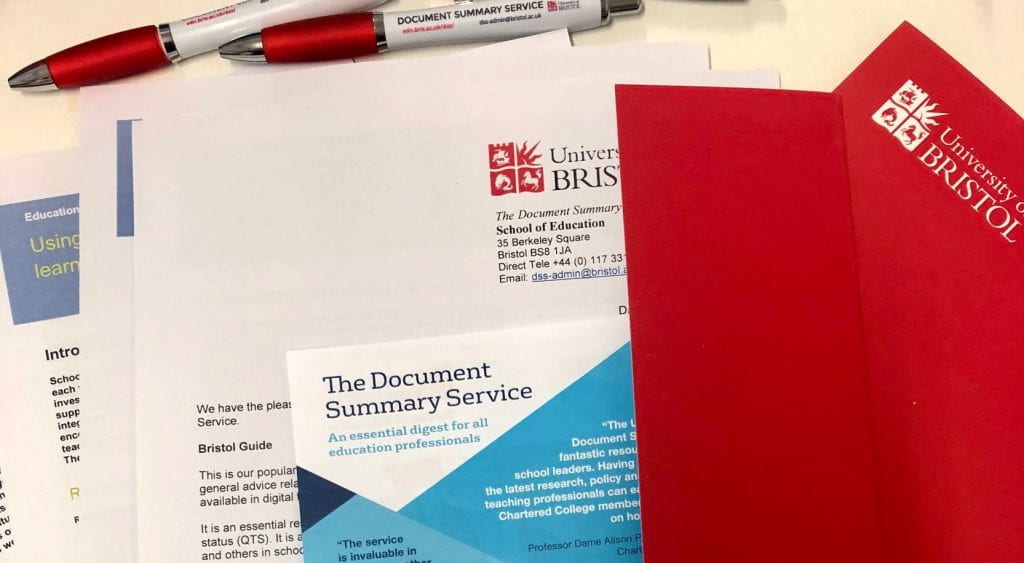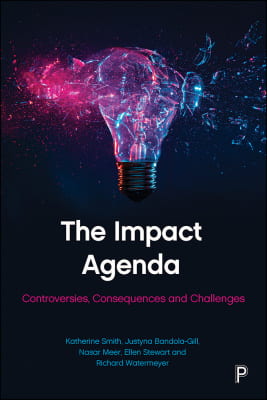In this blog, three academics from the University of Bristol share their experiences of civic engagement in 2020, outlining their perspectives on what went well, barriers they faced and their hopes for the future.
The need for universities to interact and work alongside their local communities has been underlined more so than ever in 2020.
(more…)







